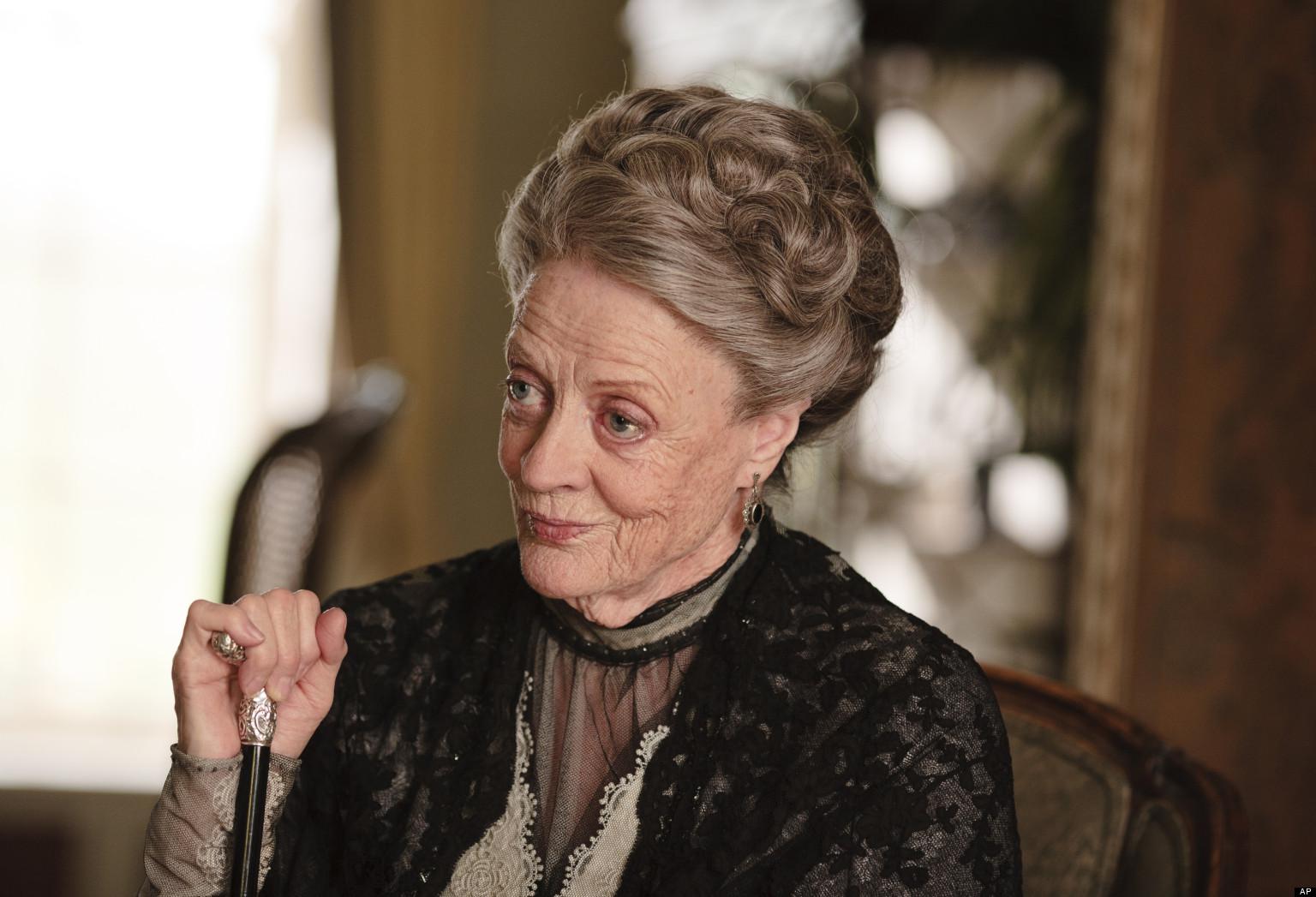Objectively speaking, Downton Abbey isn’t a very good television show. Heading into the valedictory season, which began its run on PBS last night, some four dozen episodes had aired; nevertheless, certain plot elements had been repeated at least four dozen times. While the show is good at romance, it is terrible at crime, and yet creator/writer Julian Fellowes insists on placing his characters under the shadow of the noose, devoting weeks and weeks to building up an air of mortal danger, only to remove it with a sudden off-screen turn of events. Willfully breaking the writing rule that one should show, not tell, he loves to have his characters state that “times are changing”—over and over and over again. And he is fascinated by plots that only their creator could love—in the show’s first season it was a peculiarity of British inheritance law; in this final season it’s local/regional hospital reorganization. (Truly.)
And yet, although I could list at least 10 other shortcomings, it’s a show I love to watch. Fellowes may traffic in archetypes when it comes to creating characters, but for the most part, they’re characters I care about. Anna is a martyr, Bates is a bore, Thomas is a schemer, and Mary is a snob—but I never lose hope that these leopards will one day change their spots. Thus far, the only character who has truly transformed is Tom Branson—who began downstairs as the chauffeur, and married into the upstairs clan—though in recent seasons his bolshie tendencies have merely been grafted onto assistant cook Daisy Mason.
When characters are as fabulous as the dowager countess of Grantham, as feisty as Isobel Crawley, or as wonderfully bitchy as Lady Mary; when they’re played by actors as skilled as Maggie Smith, Penelope Wilton, and Michelle Dockery; and when they’re given the kind of lines that make viewers want to applaud—as these three often are—who can resist? I suspect that the ideal way to watch Downton Abbey is to fast-forward every time Robert, Cora, Dr. Clarkson, Sgt. Willis, and any of the servants other than Thomas appear, and rewind to play anything said by Violet, Isobel, Mary, and Edith at least three times.
The man who writes such marvelous lines for the dowager countess is the same chap who comes up with those ridiculous crime plots. The show’s faults were never going to disappear—or become less pronounced—and the final season has more than its share of low-stakes letdowns and repetitive storylines. But Julian Fellowes knows how to put together a set piece: the pageant of the hunt, the peculiar pleasures of a country pig show, a 1920s car race, a wedding. The joys of the final episodes are those of comforting familiarity: If you liked the first five seasons, you’ll like this one even more.
